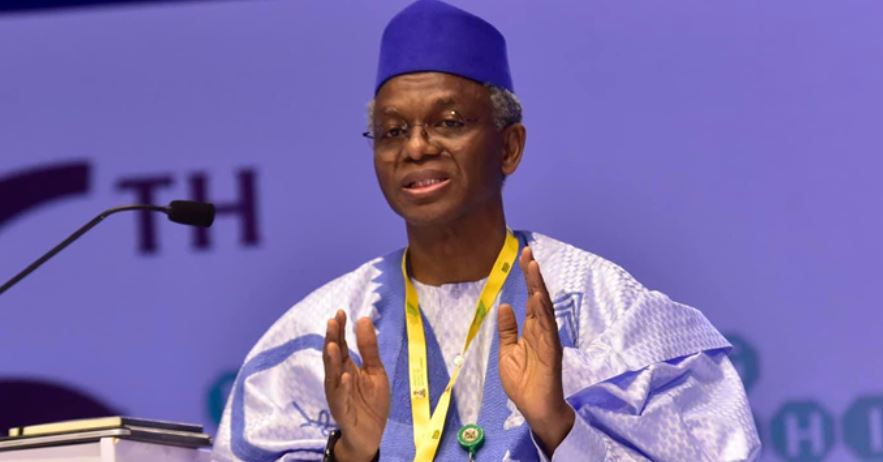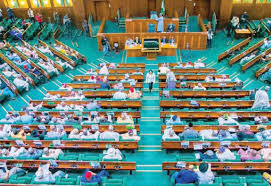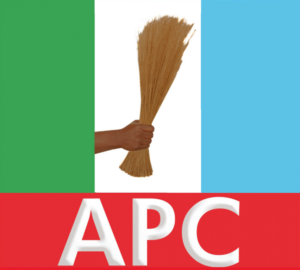Stakeholders in Kaduna State are raising alarm over the alleged uneven distribution of a $350 million World Bank loan secured by the administration of former Governor Nasir El-Rufai.
The loan, intended to fund an ambitious Urban Renewal Programme aimed at modernizing infrastructure across the state, has left 12 local government areas (LGAs) in a state of neglect, sparking calls for accountability and a thorough investigation.
The affected LGAs—Birnin Gwari, Giwa, Ikara, Jaba, Kagarko, Kajuru, Kauru, Kudan, Makarfi, Sanga, Soba, and Zangon Kataf—have borne the brunt of what residents describe as “lopsided execution.” Field investigations and testimonies from community leaders and government insiders reveal that road projects in these areas were either abandoned shortly after groundbreaking ceremonies or never progressed beyond initial stages.
This has resulted in incomplete infrastructure that disrupts daily life, hampers economic activities, and exacerbates security challenges in regions already vulnerable to issues like banditry.
Civil society organizations and opposition lawmakers have criticized the opaque management of the loan, emphasizing the lack of equitable distribution. Comrade Phelimon Andrew, a transparency advocate based in Zangon Kataf, has demanded a legislative audit of the Urban Renewal Programme. “We can’t keep taking loans for political PR. The communities have the right to know where every dollar went,” Andrew stated, echoing the frustrations of many.
Residents in the neglected areas have shared harrowing accounts of how the stalled projects have upended their lives. In Sabo Tasha, Musa Yakubu, an okada rider, lamented the poor condition of roads that were supposed to be completed years ago. “This road was supposed to be finished under El-Rufai’s administration,” Yakubu said. “Now, it’s just a dust trap in the dry season and a muddy mess during the rains. We spend more money fixing our vehicles than making a profit.”
Gimbiya Musa, a shop owner near the abandoned stretch from Television Garage to Sabo Tasha bridge, reported a sharp decline in business. “Ever since the road was dug up and abandoned, customers now avoid this area.
Business has dropped by more than 50 percent. We were excited at first, but now, it feels like they just forgot us,” she explained.
In Kauru, community leader Ezekiel Haruna described the scene as a “constant reminder of broken promises.” He pointed to rusting construction equipment left by the roadside and open drains that have become dumping grounds for waste.
Similarly, in Zitti Village within Zangon Kataf LGA, a resident observed that children now play on half-graded roads, highlighting the safety risks posed by the unfinished works.
The disparities extend beyond physical neglect, with anonymous government sources alleging favoritism toward Kaduna North. A senior official from a ministry involved in the projects, speaking on condition of anonymity for fear of reprisal, claimed that nearly 76 percent of the projects were concentrated in the northern senatorial zone, leaving the southern and central zones with deteriorating roadways. “No single project initiated by the El-Rufai administration reached completion stage in the listed LGAs,” the official disclosed. “Some areas didn’t even have contractors mobilized. All the attention was on projects with media visibility within the Kaduna metropolis.”
A youth leader in Kaura, also requesting anonymity due to potential backlash, questioned the injustice of the situation. “This is not just about bad governance. It is about injustice.
How can we be paying back a loan and have nothing to show for it?” The leader cited the Yarbwan-Kafanchan road as a prime example—a project designed to boost connectivity in Southern Kaduna that began with much fanfare but has since stalled, leaving commuters stranded during rainy seasons and local businesses struggling.
In Birnin Gwari, an area plagued by banditry, residents told Arewa PUNCH that completed roads could have improved mobility and enhanced security.
Garba Habibu, a local from the area, urged the current administration under Governor Uba Sani to investigate the previous government’s handling of the loan. “This present administration must probe the previous one of Nasir El-Rufai to tell Kaduna State citizens the truth about what happened to the $350 million,” Habibu declared.
Fatima Bello, a school teacher, captured the broader sentiment of disillusionment. “El-Rufai gave us hope that Kaduna would be transformed. But what we were left with were potholes, traffic jams, and dust storms,” she said, reflecting on how the unfulfilled promises have eroded public trust.
Community leaders from the affected LGAs are now pressing for immediate intervention, warning that ongoing neglect could lead to social unrest.
However, efforts to obtain a response from Governor Uba Sani’s administration have been unsuccessful. Calls and messages to key officials in the Ministry of Works and Infrastructure went unanswered as of press time.
As Kaduna State continues to repay the World Bank loan, the calls for transparency and equitable development grow louder. Advocates argue that without a comprehensive audit and decisive action, such lopsided projects risk deepening divisions and undermining future investments in the state.
The fate of the Urban Renewal Programme serves as a stark reminder of the need for accountable governance in Nigeria’s infrastructure drive.




